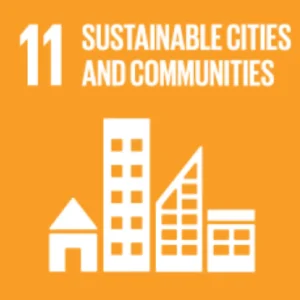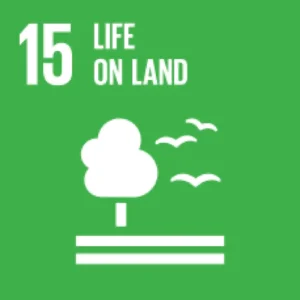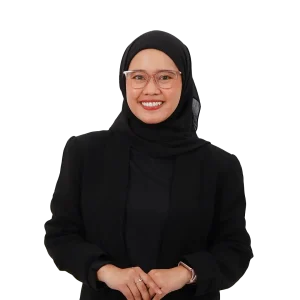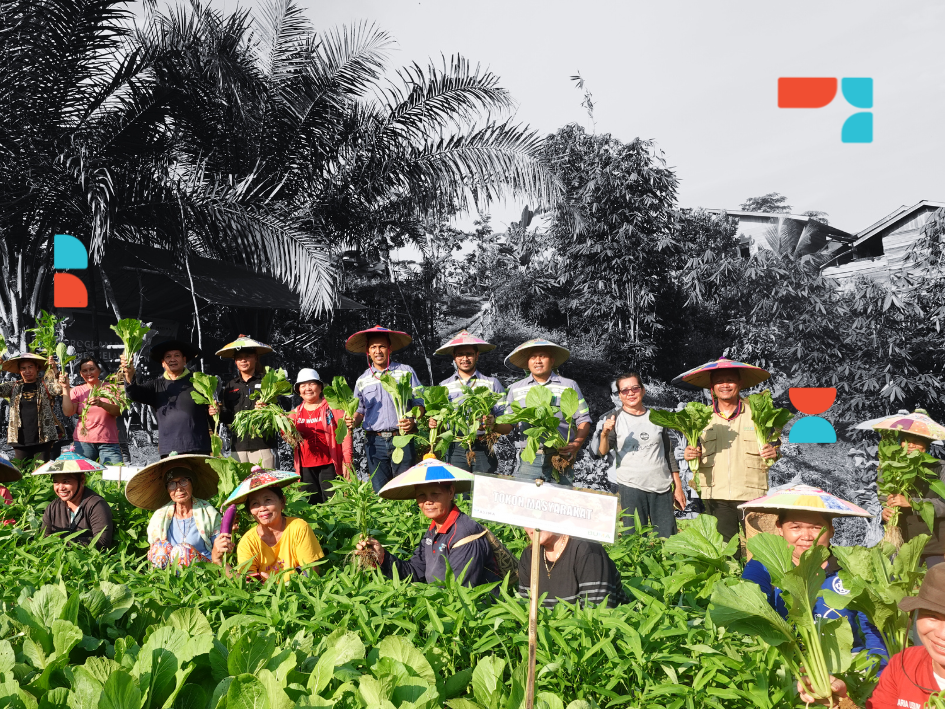
Improving Post-Mining Economy, BUMA Initiative Encourages Food Independence in the Mining Area
How does Maxima improve the ecological and economic quality of Umaq Dian Village?
PROBLEM
The Sustainable Agriculture program initiated by PT Bukit Makmur Mandiri Utama (BUMA) aims to address the main challenges faced by the economic and agricultural sectors in Indonesia. Amidst the growing demand for national food supplies and increasingly unpredictable climate change, Indonesia’s agricultural sector continues to struggle with low productivity and limited access to technology and sustainable farming practices. The issue BUMA aims to resolve is preparing communities around mining areas to continue ecological and economic growth post-mining through a strategic program approach.
Two main issues identified in this program are:
- Dependence on unsustainable conventional farming practices. Many farmers still use traditional farming methods that are inefficient and tend to harm the environment. Excessive use of chemical fertilizers and pesticides not only reduces soil quality but also contributes to long-term land fertility decline, threatening the sustainability of agricultural production.
- Limited access to modern agricultural technology and knowledge. Farmers in remote areas often lack adequate access to more efficient and environmentally friendly agricultural technologies. This is exacerbated by the lack of relevant training to adopt more sustainable farming practices, trapping them in a cycle of low productivity.
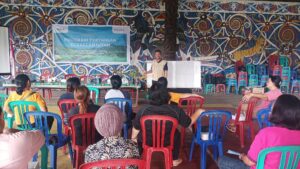
Training of Sustainable Agriculture Program Participants in Umaq Dian Village, Tabang District, East Kutai, East Kalimantan.
SOLUTION
BUMA addresses these challenges by developing the Sustainable Agriculture program, which integrates modern technology and sustainable farming practices to increase productivity while preserving the environment. The strategic approaches of the program include:
- Implementation of Precision Agriculture Technology: BUMA introduces precision farming technology that enables farmers to optimize the use of resources more efficiently. This technology includes the use of drones for land mapping, soil sensors to measure fertility levels, and precision irrigation applications that can save up to 30% of water. With this technology, farmers can manage their land using accurate data, increasing yields without sacrificing environmental quality.
- Training and Empowering Local Farmers: Through intensive training sessions, BUMA educates farmers on environmentally friendly farming practices such as the use of organic fertilizers, crop rotation techniques, and integrated pest management. This program also involves agricultural experts as facilitators to guide farmers in implementing new techniques in the field. This training not only enhances farmers’ skills but also raises awareness of the importance of sustainability in every aspect of farming for post-mining Economy.
- Development of Integrated and Regenerative Farming Models: BUMA also develops an integrated farming model that combines various agricultural components such as crops, livestock, and fisheries within a mutually supportive system. This approach not only improves land use efficiency but also creates income diversification for farmers, reducing economic risks caused by dependence on a single commodity.
PROJECT RESULTS
BUMA’s Sustainable Agriculture program has shown significant results in promoting sustainable farming practices in Indonesia. Key achievements of the program include:
- Increased Productivity and Farmer Income: By applying precision agriculture technology, farmers involved in this program have experienced a productivity increase of up to 20% compared to conventional methods. Farmer incomes have also risen along with the better efficiency in agricultural input usage and reduced production costs.
- Reduced Environmental Impact from Agriculture: This program has successfully reduced the use of chemical pesticides by 40%, thanks to the introduction of safer and more environmentally friendly integrated pest management techniques. Additionally, the wider use of organic fertilizers has helped restore soil fertility and reduce the agricultural sector’s carbon footprint.
- Improved Farmer Awareness and Skills in Sustainable Practices: Through ongoing training, this program has successfully raised farmers’ awareness of the importance of sustainable agriculture. Farmers are now more skilled in using technology and applying more environmentally friendly farming practices, making them agents of change in their respective communities.
With an integrative and technology-based approach to improving the post-mining economy, BUMA has successfully shifted the paradigm of traditional agriculture toward more modern, efficient, and sustainable practices. This program not only contributes to increased agricultural productivity but also to efforts to maintain ecological balance, ensuring future food sustainability. Want to help create impactful initiatives through ecosystem restoration? Consult with Maxima Impact Consulting and find recommendations that fit your organization!
Project Name
Project Type
Coverage Area
Period
Partner

SDG
